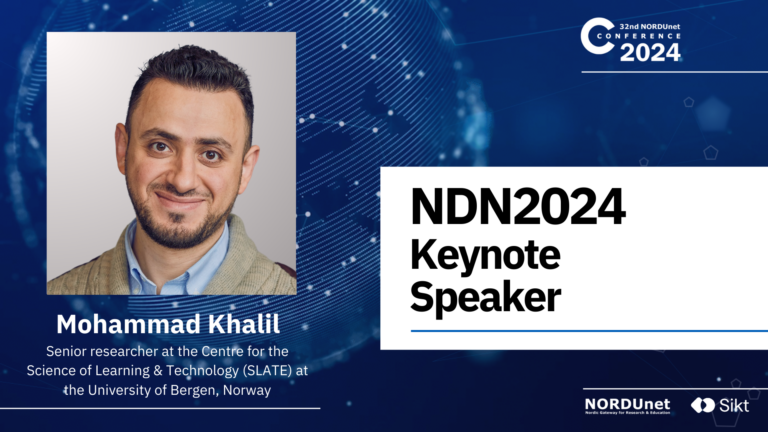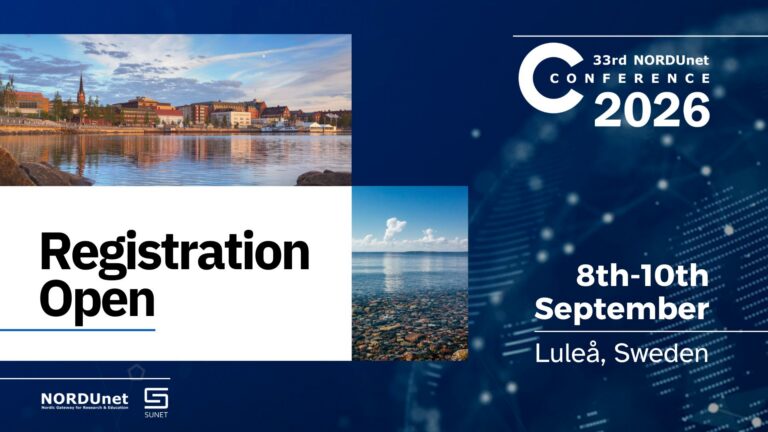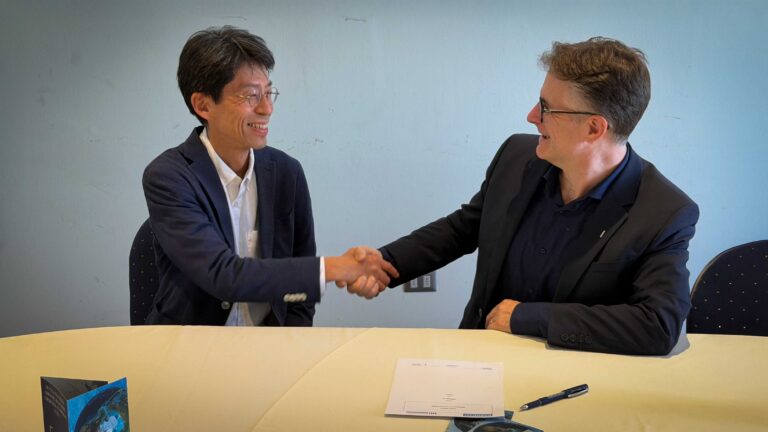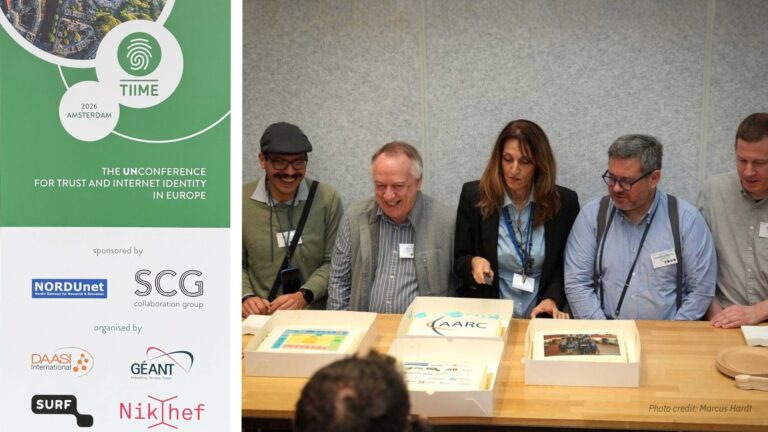Mohammad Khalil works at the forefront of technology-enhanced learning which is one of the fastest moving areas in society. His presentation will also touch upon potential dangers, among them the risk of academic institutions losing control.
Already on the rise before COVID-19, technology-enhanced learning has seen exponential growth since the pandemic. As senior researcher at the Centre for the Science of Learning & Technology (SLATE) at the University of Bergen, Norway, Mohammad Khalil contributes to this development daily:
“The introduction of tools from Machine Learning, learning analytics, generative AI, and other developments opens new frontiers in learning. We can quantify the effect of different educational concepts and provide feedback for the individual students, possibly communicated by chatbots.”
Exiting as these opportunities are, Mohammad Khalil also finds reasons for caution:
“In our research at SLATE, we work with several providers of technical solutions for education. Many of these suppliers are in the private sector. Sometimes they want to collect data from the participants, so the students are helped to improve their user experience. However, can they be trusted with these data?”
Institutions lose control
Historically, data related to students have been owned by the academic institutions.
“Public institutions want to provide cutting edge solutions to their students but feel insecure because they are not always in control of the platforms. Furthermore, the private companies in the sector are generally rich while institutions are on tight budgets. This adds to institutions losing power,” notes Mohammad Khalil.
Not least the surge in use of generative AI requires attention. Here, the role of research is to be the watchdog in a time of hype:
“We need to establish, if new concepts really contribute to improve education. Also, we must pay attention to potential undesired side-effects. For instance, if teachers come under a higher level of stress, or if students become more fraudulent because they can more easily cheat.”
When computer science meets psychology
While his entire career has centered on computer science, Mohammad Khalil is today an employee of the Department of Psychology at the University of Bergen.
“Well, that is perhaps a bit misleading. Technology-enhanced learning was never monopolized by computer science. The field has strong components of education research which has traditionally been located at the Department of Psychology. Therefore, SLATE was located here.”
This gives rise to ongoing discussions.
“The core of what we do on the computer science side is to quantify learning processes and the results from them. Sometimes you will meet people from the psychology side, who argue that you just cannot quantify learning. So, it is a bit of a clash!” Mohammad Khalil remarks, smilingly.
When presenting at the NDN 2024, the senior researcher will make his debut in the world of national research and education networks (NRENs).
“As researchers we are involved in other communities within AI, learning analytics, technology-enhanced learning etc., but I am looking forward to learning more about the efforts of the NRENs in the field. Hopefully, I will be able to provide a different perspective, being an outsider.”
Mohammad Khalil is a senior researcher at the Centre for the Science of Learning & Technology (SLATE) at the University of Bergen, Norway. He completed his master’s degree in information security in Jordan, obtained his PhD degree from Graz University of Technology, Austria, followed by a two-year Postdoc at the Delft University of Technology, The Netherlands.




